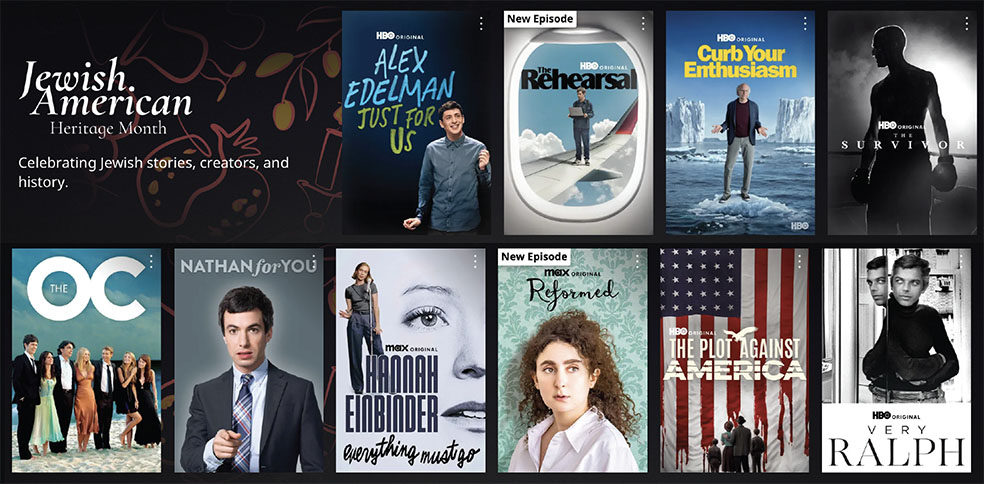
Famous, Funny, or Dead: What the Max Carousel Reveals About Jewish American Heritage
Jewish American heritage isn’t about persecution and punchlines, it is about a people, about how we live, what we value, what we carry. And what we hope to pass on.
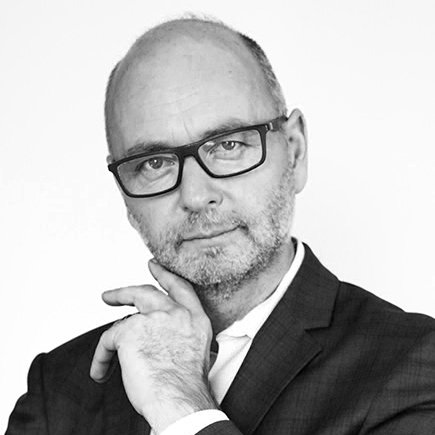
Stephen D.Smith is Co-Founder of StoryFile and a director of Memory Workers.

Jewish American heritage isn’t about persecution and punchlines, it is about a people, about how we live, what we value, what we carry. And what we hope to pass on.
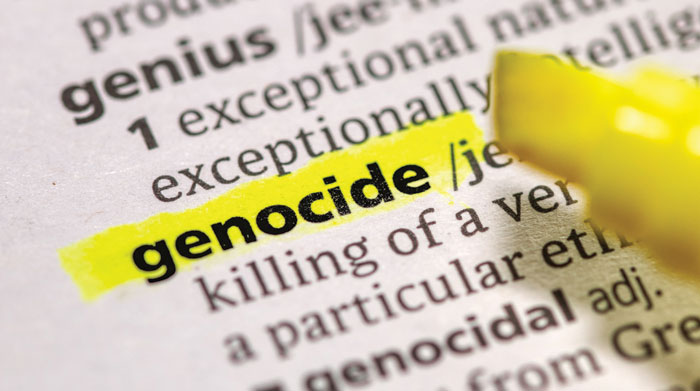
Lately, I’ve grown concerned about how casually the word genocide is being used in public discourse.
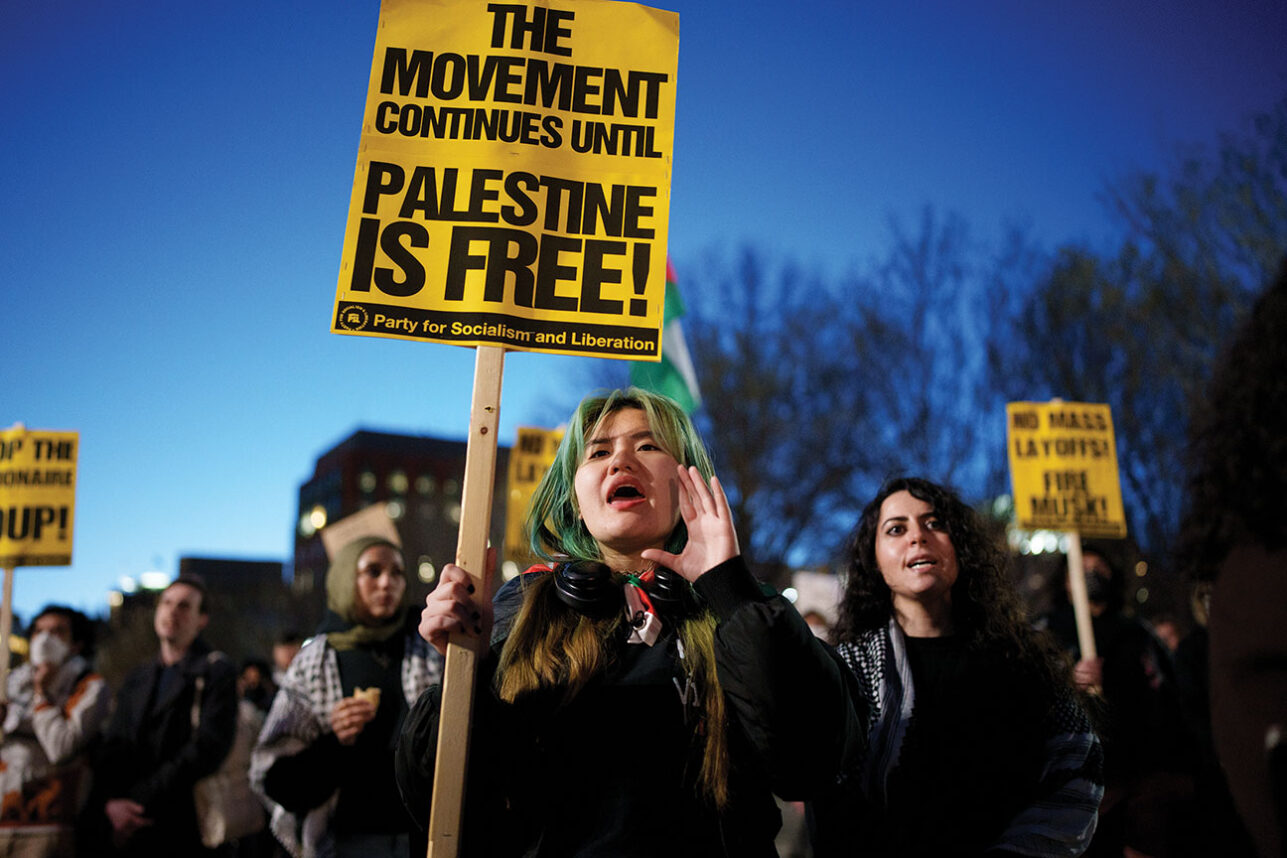
Words matter—not just within narrative wars shaping public opinion, but for diplomatic, jurisprudential, and historical reasons. Using the wrong words deepens the crisis; finding the right words could end it sooner.
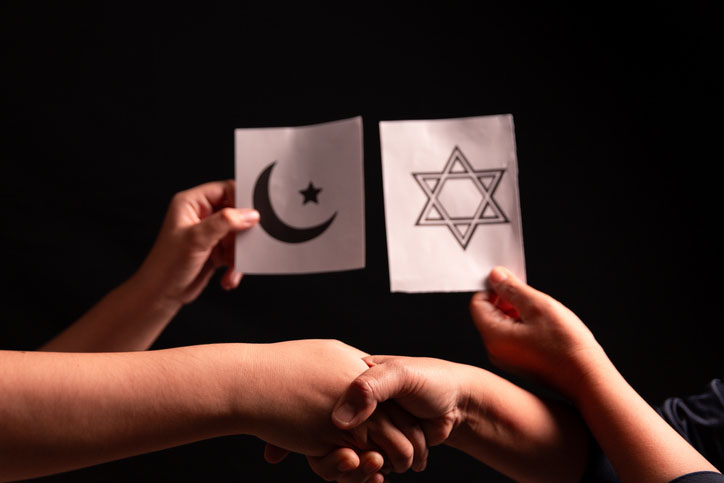
We must recognize that maintaining our Jewish identity while building bridges with our neighbors creates a strong and necessary foundation for survival and hope.

Recent innovations in fields such as virtual reality are demonstrating how we can transform the way we can bring people closer to our narratives.

In December, the city of Beverly Hills is to play host to a summit of over 300 mayors from across the USA.

For the bereaved parents, hostage families, volunteers, community workers, reservists and military personnel in Israel, that one terrifying day has blurred into an endless night.
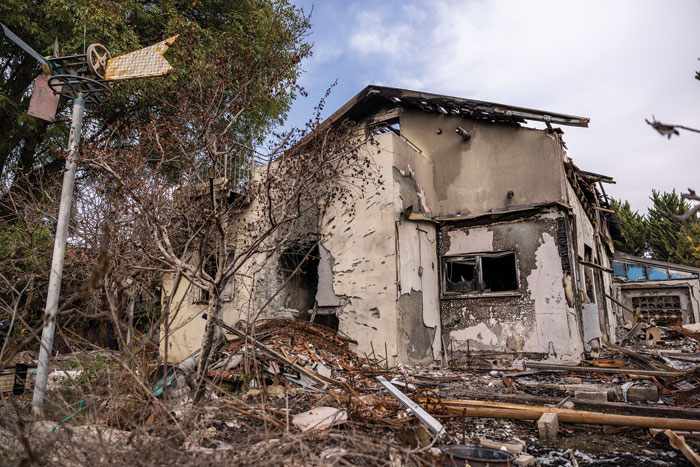
“Be the Witness VR” uses the latest technology to tell an ancient story—that in spite of everything, Jews will survive.

Social media has the power to impact change for good and the power to reach right into our homes in disturbing ways.

I have dedicated my life to the pursuit of peace, but now is the time for war.
 More news and opinions than at a Shabbat dinner, right in your inbox.
More news and opinions than at a Shabbat dinner, right in your inbox.